Foreign investors continue to urge Vietnam to soon issue investment support policies in the context of the global minimum tax being implemented from the beginning of 2024.
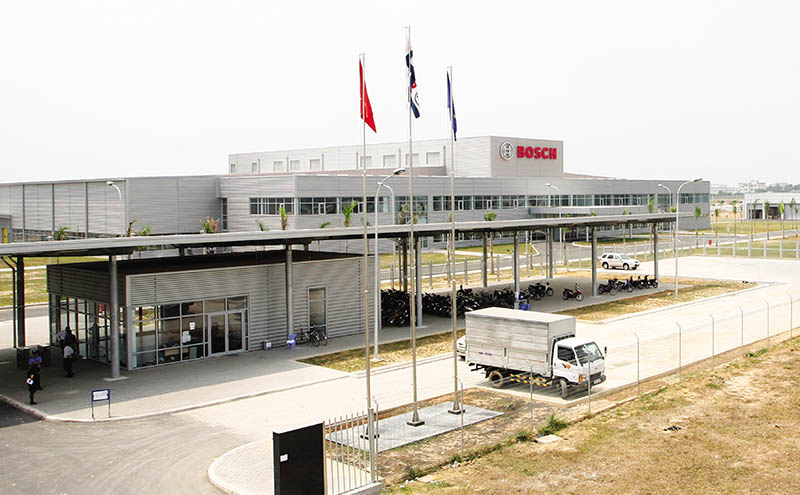 |
| A facility of Bosch Vietnam Co., Ltd. Photo: Le Toan |
Early measures to support additional investment
A few days ago, Lam Research Semiconductor Corporation (USA) came to Vietnam to seek investment opportunities. In a meeting with Prime Minister Pham Minh Chinh , Mr. Karthik Rammohan, Senior Vice President of Lam Research Corporation (USA) said that Lam Research is planning to expand its operations and diversify its supply chain in the Asian region.
In Vietnam alone, Lam Research plans to cooperate with Seojin Company (currently has factories located in Bac Ninh and Bac Giang ) to develop a factory and semiconductor supply chain, with an investment capital of 1-2 billion USD in phase I. After phase I, Lam Research can invest directly and continue to expand operations in Vietnam.
This information immediately received public attention, as recently, many investors in the semiconductor sector expressed interest in the Vietnamese market. However, the question is, will Lam Research decide to choose Vietnam or not?
During the working session with the authorities, as well as in the meeting with the Prime Minister , one of the issues that Lam Research was concerned about was what are Vietnam's investment incentive policies? This is probably very important not only for the semiconductor sector, but also for foreign investors in general, especially in the context of the global minimum tax applied from 2024.
During a recent meeting with Minister of Planning and Investment Nguyen Chi Dung, businesses from the US-ASEAN Business Council also expressed their interest in implementing the global minimum tax, as well as the establishment of the Vietnam Investment Support Fund.
This was also a topic mentioned a lot at the annual Vietnam Business Forum (VBF) 2024, which recently took place in Hanoi.
Appreciating Vietnam's efforts to complete the Draft Decree on the establishment of the Investment Support Fund, Mr. Hong Sun, Chairman of the Korean Chamber of Commerce in Vietnam (KoCham), said that the level of support in the Draft is unclear. "The Vietnamese Government needs to carefully analyze and forecast the impact of implementing the global minimum tax, widely consult with industries on the content of the Decree to amend and supplement, thereby taking measures to avoid causing negative impacts on foreign investors," Mr. Hong Sun suggested.
Meanwhile, Mr. Gabor Fluit, Chairman of the European Chamber of Commerce in Vietnam (EuroCham) frankly expressed that the Vietnamese Government needs to take advantage of the opportunity brought by Pillar 2 (global minimum tax - PV) to conduct a comprehensive assessment of current tax incentives.
“This includes carefully studying the impact of the global minimum tax rate on the interests of current and future investors, and considering practical and effective solutions to ensure that investment is encouraged in the right key projects and those that need to be encouraged, so that the application of Pillar 2 does not negatively affect the investment and business environment in Vietnam and still ensures compliance with Vietnam's regulations and commitments in Pillar 2,” Mr. Gabor Fluit suggested.
Proposal to expand the beneficiaries
A notable news in recent days is that the US government plans to spend 6 billion USD to support Samsung to encourage the world's leading electronics corporation to continue expanding its investment activities in the US. Samsung Electronics is implementing a project worth 17.3 billion USD in Texas.
But not only with Samsung, but the US Government, based on the Chip and Science Act, is also ready to support billions of dollars for TSMC (Taiwan) and Intel to encourage these businesses to produce semiconductor chips in the US.
 The global minimum tax regulation, which will officially apply from 2024, is causing concerns among foreign investors investing in Vietnam that the tax incentives they currently enjoy may become almost meaningless.
The global minimum tax regulation, which will officially apply from 2024, is causing concerns among foreign investors investing in Vietnam that the tax incentives they currently enjoy may become almost meaningless. 
- Mr. Hong Sun, Chairman of the Korean Chamber of Commerce in Vietnam (KoCham)
Previously, Germany, Poland, and Israel decided to provide “huge” support to Intel, and Japan also devoted a significant amount of resources to support TSMC… All to win the race to regain large investment resources, especially in the fields of semiconductor chips and high technology. Not only investment-receiving countries like Vietnam, but also the superpowers that are investment exporters are also ready for this race. They even “play bigger”, when they are ready to spend a lot of money on large-scale projects.
This reality is putting Vietnam in a difficult position if it wants to continue to attract new investors as well as retain large investors. That is also the reason why, when drafting the Decree on the establishment of the Investment Support Fund, the Ministry of Planning and Investment proposed for the first time financial support, applicable to 5 groups of costs, including costs of training and developing human resources; R&D costs; costs of investing in creating fixed assets; costs of manufacturing high-tech products; costs of investing in technical infrastructure systems.
“Such spending-based incentives can increase the likelihood of generating additional investment because they directly target investment costs,” agreed Gabor Fluit.
However, according to Mr. Hong Sun, currently, according to the Draft Decree, the beneficiaries of support are limited to investment capital of 500 million USD or more, thus causing concerns that the number of enterprises that are able to receive support is very small and most foreign enterprises do not enjoy incentives.
“If the investment activities of these enterprises are narrowed due to this regulation, it will negatively affect the production and business activities of all the supplying enterprises that have invested in Vietnam following that enterprise, and ultimately, it will cause obstacles to Vietnam's expansion of attracting foreign direct investment,” said Mr. Hong Sun.
Sharing the same view, Mr. Seck Yee Chung, when representing the group of affiliated members speaking at VBF, also said that the preferential subjects in the Draft are too narrow.
“With the condition of very high capital scale or revenue, only a very small number of enterprises in the high-tech sector can achieve it,” said Mr. Seck Yee Chung and proposed that the subject should be added to be enterprises operating in high-tech zones; and if it is in the high-tech sector, the investor should be considered a large corporation with investment capital of VND20,000 billion, or USD1 billion or more, instead of considering each enterprise or each project.
According to Mr. Seck Yee Chung, many countries are making efforts to research and issue very diverse investment support policies. For example, the US has launched a series of support packages worth hundreds of billions of dollars targeting priority sectors. Singapore has also introduced a refundable investment deduction policy that supports up to 50% of eligible expenses.
“Vietnam can study and refer to these policies in the process of building support policies,” Mr. Seck Yee Chung emphasized.
Source





![[Photo] President Luong Cuong receives US Secretary of War Pete Hegseth](https://vphoto.vietnam.vn/thumb/1200x675/vietnam/resource/IMAGE/2025/11/02/1762089839868_ndo_br_1-jpg.webp)
![[Photo] Lam Dong: Images of damage after a suspected lake burst in Tuy Phong](https://vphoto.vietnam.vn/thumb/1200x675/vietnam/resource/IMAGE/2025/11/02/1762078736805_8e7f5424f473782d2162-5118-jpg.webp)

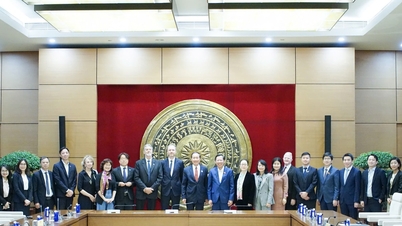

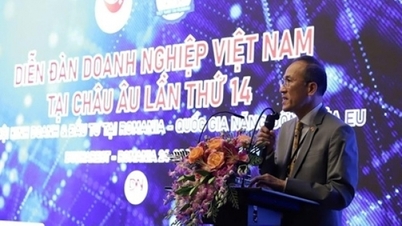

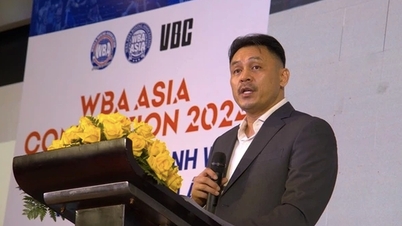

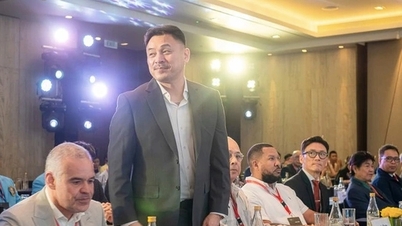
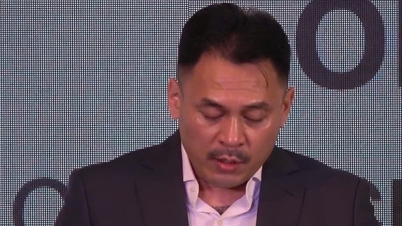



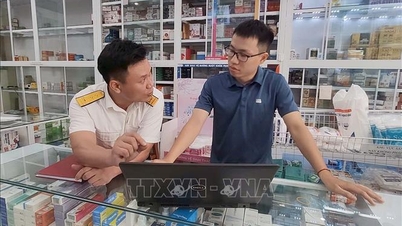

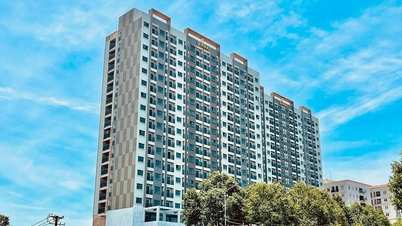
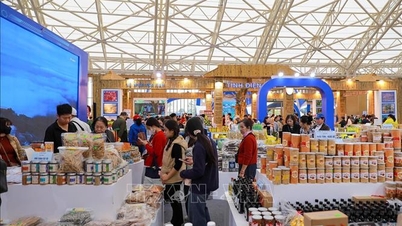
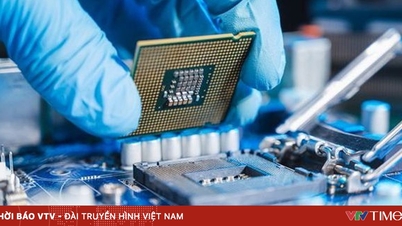






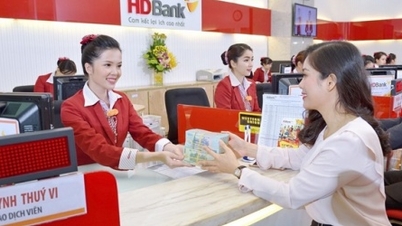

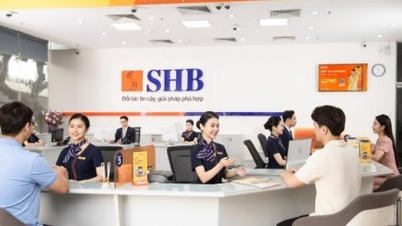
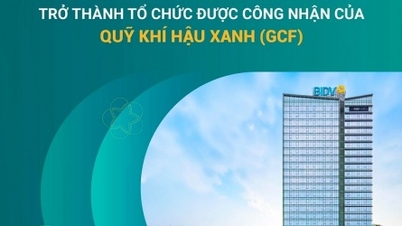
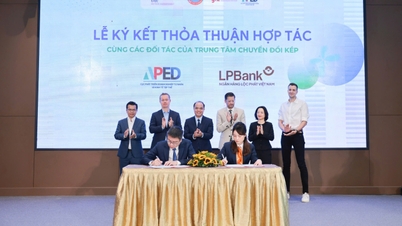






















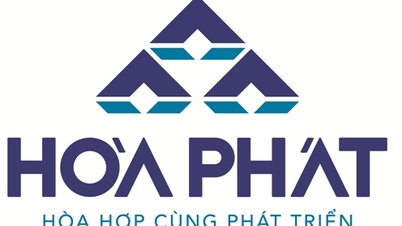


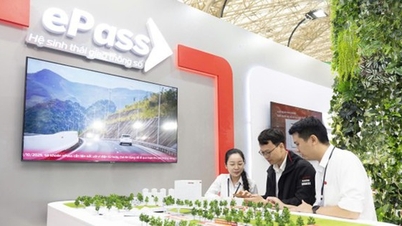









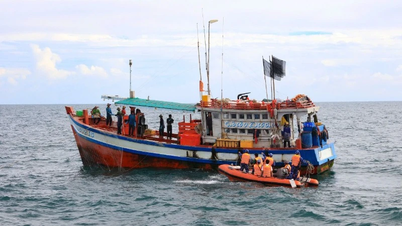
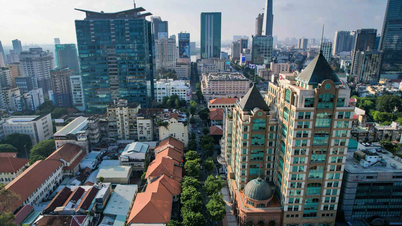


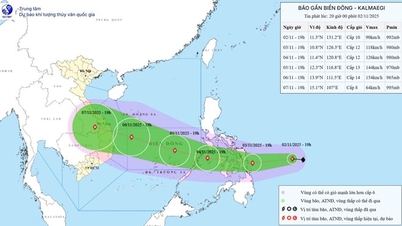






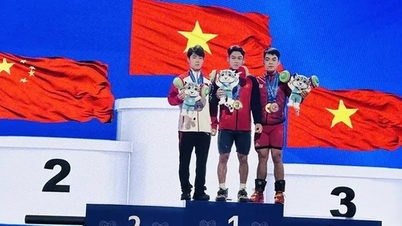
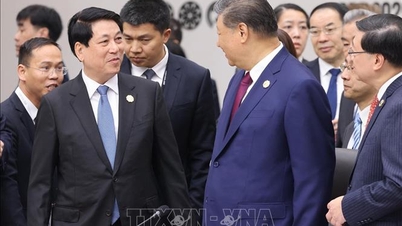

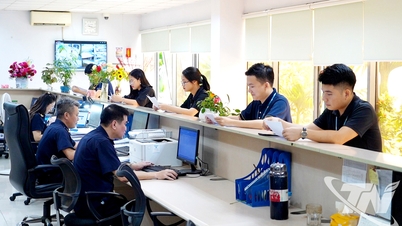





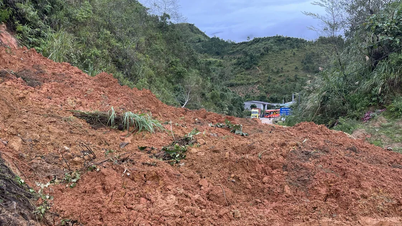



















Comment (0)